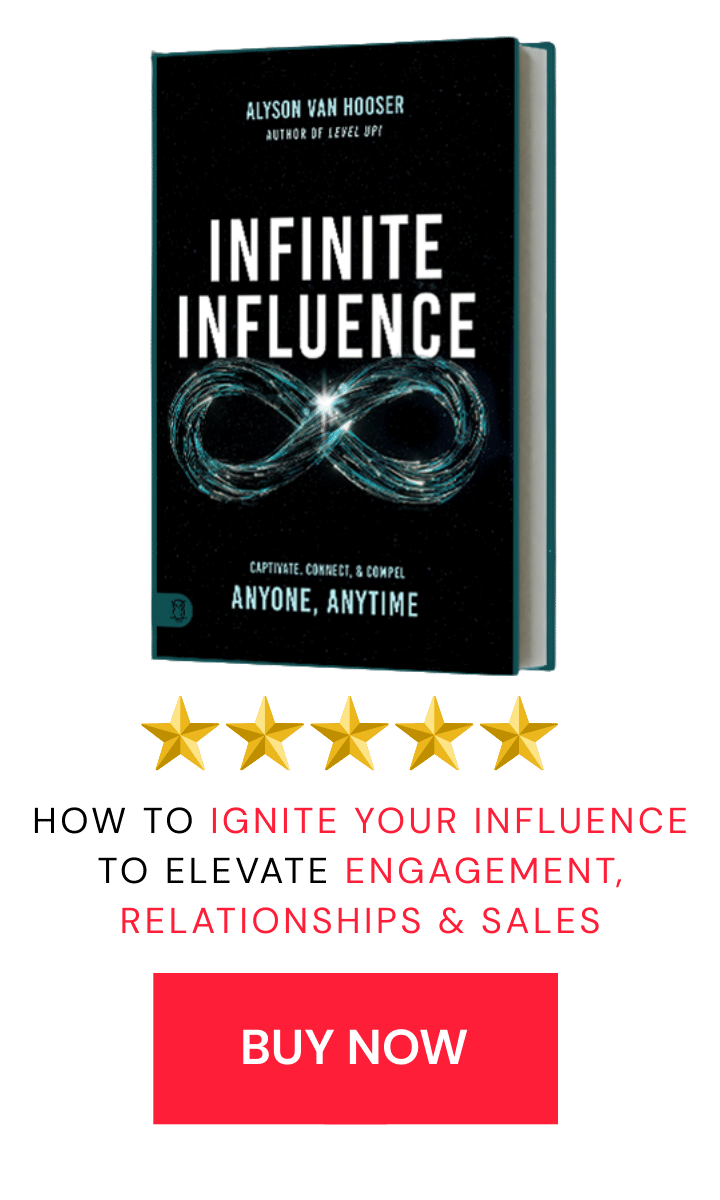Leaders have the massive power to crush employee engagement at any moment. Your people need to know and feel confident that you have their back in every situation so they will feel free to go all in, try new things and make decisions on their own. I was reminded of this recently when I talked with a former employee. Check out the story.
Leaders Own Employee Engagement
At 7:00 am, after herding three kids out of bed, through the bath, into the closet, past the kitchen and buckled into the car — I had made it to the more peaceful side of Monday morning, the drive to school and daycare. It was a pretty typical morning in the car talking and laughing with each other…until my car died in the middle of the highway ?. Bring it on, Monday! ??
Later that day I walked into the service center where my vehicle was being repaired and I saw a familiar face, Zack (not his real name). Zack had worked for me years ago when I was a 22-year-old, newly-hired manager with an international retailer. We stood in the lobby of the service station and laughed as we re-lived hilarious stories about the good ol’ days. I really enjoyed reminiscing with Zack. He was one of the best employees I had back then — dependable, hard-working and respectful.
After a few minutes, the conversation took a turn I didn’t expect. He said, “Do you remember that day you and I had a huge disagreement?” I wasn’t laughing anymore. He totally caught me off guard. I didn’t remember the situation, so he started telling me every little detail of the story: who the customer was, the ins and outs of the entire situation, who was involved from the management side, the exact decision I made, what the customer said to him before he left, etc. He remembered EVERYTHING about that day, and all these years later, he was still bothered by how it all went down!
Right Choice, Wrong Approach
I asked Zack why my decision in that customer service situation bothered him so much. He first started talking about how the customer didn’t deserve what I gave him (I discounted a product for the customer).
The fact of the matter is that I made a choice that day to reduce future economic, reputational and operational risks for the company. Objectively looking back, my business decision was the right one to make. However, you can be right and handle it wrong. This is a perfect example of the types of situations that make or break your success as a leader.
After Zack’s initial answer to my question, I pressed for a deeper response, “C’mon, it had to have been something more than simply disagreeing with my decision for you to remember it this long and for it to still bother you.” Now HE was caught off guard. I don’t know that he had ever taken the time to figure out why he was truly upset about that situation. After a long pause, he looked at me and said, “I guess it was that you didn’t have my back that day.”
Ouch. That took my breath away.
Zack wasn’t actually torn up because of the decision I made, it was how I handled it. He lost trust and confidence in his leader that day–me.
Learn Better, Do Better
I have grown so much in my leadership knowledge and capabilities since that time. I’m no longer a 22-year-old novice. I’ve had years of real-world experience to flesh out what works and what doesn’t. I spend my time studying psychology, communication techniques, sociology — I am a leadership student. Because of that, the best way to handle that situation from a leadership perspective is so obvious to me now.
I could have taken the time beforehand to train him on how to make sound business decisions so he understood my thinking. I could have approached the customer with Zack and expressed my support of Zack and my need to consider options outside of his control. If nothing else, I could have debriefed the situation with Zack and potentially apologized for mishandling the employee side of the matter. All of those things would have helped increase his employee engagement, not crush it.
I had a responsibility to the company to keep their best interests at the forefront of my decision making. I did that, but without regard to how Zack felt in the moment. As a leader, without recognizing it at the time, I crushed Zack’s engagement. Zack said he lost trust in management and left the company soon after that. Maybe not solely, but partially because of leadership, that company lost a really great employee. How many employees is your company losing because of ill-equipped leadership?
The manager or team leader alone accounts for 70% of the variance in team engagement. -Gallup
Leaders Own It
I have had a week or so to think over this story and so many stories keep coming to my mind. Stories from dozens of high-potential employees I’ve met over the years who will never give their best at work because of a negative experience with their leader years ago. Is it possible that you have employees on your team who feel this way, too?
The fact is, when people get hurt, most don’t forgive and forget. Instead, they disengage. Their approach and attitude potentially negatively affect you, negatively affect overall employee engagement, and negatively affect your business results.
You could place blame saying that Zack (or any other employee) should not get upset over a business decision. Some might say that Zack was being dramatic or immature. You might even be thinking that his attitude is his problem, not mine. But, pointing fingers and placing blame never improves anything — choosing to own it will.
Regardless of who is wrong, choose to own the responsibility of making it right. When you choose to make things right with your people, employee engagement will increase, your culture will improve and your entire team will push towards better performance and profitability. Humbling yourself enough to own it is an act of service to your people. Leaders win when leaders serve.
Think your employee engagement could benefit from leadership training like this? Let’s talk!
#leaders #leadership #leadersserve #ownit #customerservice #leadershipdevelopment #leadershiptraining #employeeengagement
Did you find this helpful? Please share.












